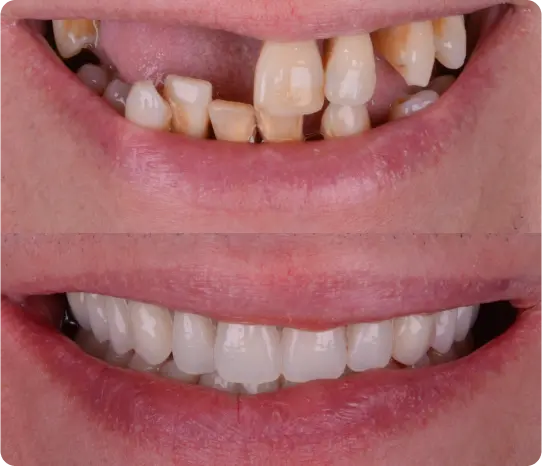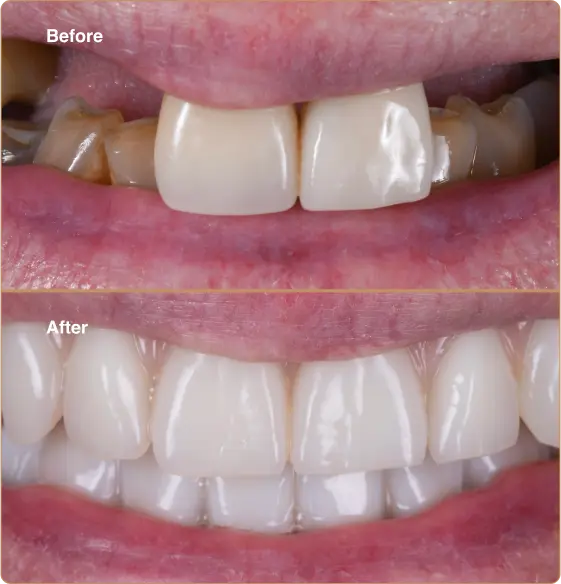Loose teeth can often occur as a result of gum disease. This happens when bacteria buildup causes gum inflammation and infection, which can weaken the bone and gums holding your teeth.
Other reasons for loose teeth can be accidents, grinding your teeth, weakened bones (like osteoporosis), not taking good care of your teeth, smoking, or certain medical issues. It’s important to see a dentist quickly for the right diagnosis and treatment, which might include a deep cleaning, antibiotics, splints or gum surgery.









